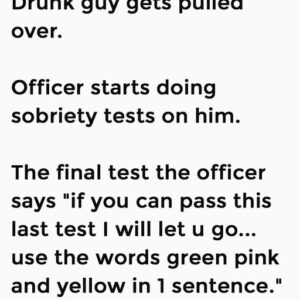Getting pulled over by a police officer can be nerve-wracking. As the flashing lights reflect off your rearview mirror, your mind races, and you may notice something that seems out of place: the officer reaches out and touches your car’s tail lights. Why do they do that?
Is there some hidden meaning or reason behind this subtle gesture? In this article, we’ll uncover the fascinating reasons why police officers always touch the car’s tail lights during traffic stops.
Documenting the Stop
One of the most practical reasons officers touch your car’s tail lights is to document the interaction. When the officer places their hand on the vehicle, they leave behind a fingerprint. This seemingly insignificant act could be vital if the encounter escalates or turns into a dispute later.
For instance, if a driver speeds off or if questions arise about the officer’s conduct, that fingerprint serves as hard evidence proving that the officer was indeed present at the scene. It’s a quick and easy way to leave a mark of authenticity and accountability on the interaction. In an age of body cameras, this may seem redundant, but it’s a long-standing practice that has endured over time.
Enhancing Officer Safety
In some cases, touching the tail lights can act as a subtle deterrent to illegal behavior. When a driver sees the officer touching their vehicle, they may realize that they are under close scrutiny. It signals that the officer is paying attention to every detail of the stop and that anything they try to hide or dispose of within the vehicle could be discovered.
Establishing a Routine for Consistency
Demonstrating Authority and Presence




